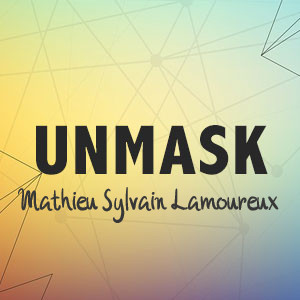
UNMASK
UNMASK
UNMASK (Undertake Neutrino Multi-messenger Astronomy with Super-Kamiokande detector) is a proposal for a 36-month FELLINI Fellowship dealing with multi-messenger astrophysics that is a hot topic since the emergence of numerous gamma telescopes, gravitational waves detectors and neutrino telescopes. The scientific objective of the proposal is to search for bursts of astrophysical neutrinos, potentially emitted from the same direction as an astrophysical object such as a GRB (detected by gamma telescope). This study will allow in particular to explore the region below 10 GeV, hence being complementary to the results of the IceCube experiment. The Super-Kamiokande (SK) detector, located in Japan, can reconstruct with high precision the direction of the incoming neutrinos. The researcher, who is already familiar with the field of neutrino physics and the use of statistical methods, will develop a framework allowing to search for these events in the already existing 20+ years of data of the detector. He will also work on a new real-time alert system so that follow-up observatories can point in the direction of observed SK events and look for a coincident signal. The same framework can be used in the context of the funded Hyper-Kamiokande (HK) detector to be deployed in 2026. He will operate in the stimulating environment of the INFN, that is already deeply involved in the SK collaboration, in close connection with experimentalists from other experiments such as Km3NeT and CALET. He will lead the astrophysical efforts for SK and HK, as there are no ongoing studies on this subject right now. UNMASK will therefore strongly support the future scientific career of the fellow, providing him with both technical skills and leadership/supervising capability.

Dr. Mathieu Lamoureux (PhD in Physics in 2018) is a researcher at INFN Padova unit as Fellini post-doctoral fellow. He is working on neutrino physics and astrophysics. His PhD was focusing on the search for hypothetical heavy neutrinos using the near-detector of the T2K experiment using J-PARC neutrino beam . He is currently involved in the development of multi-messenger astrophysics analyses in the Super-Kamiokande and Hyper-Kamiokande collaborations, especially for the follow-up of gravitational wave events. He is also participating in the upgrade of the T2K near-detector.
Back to Category
